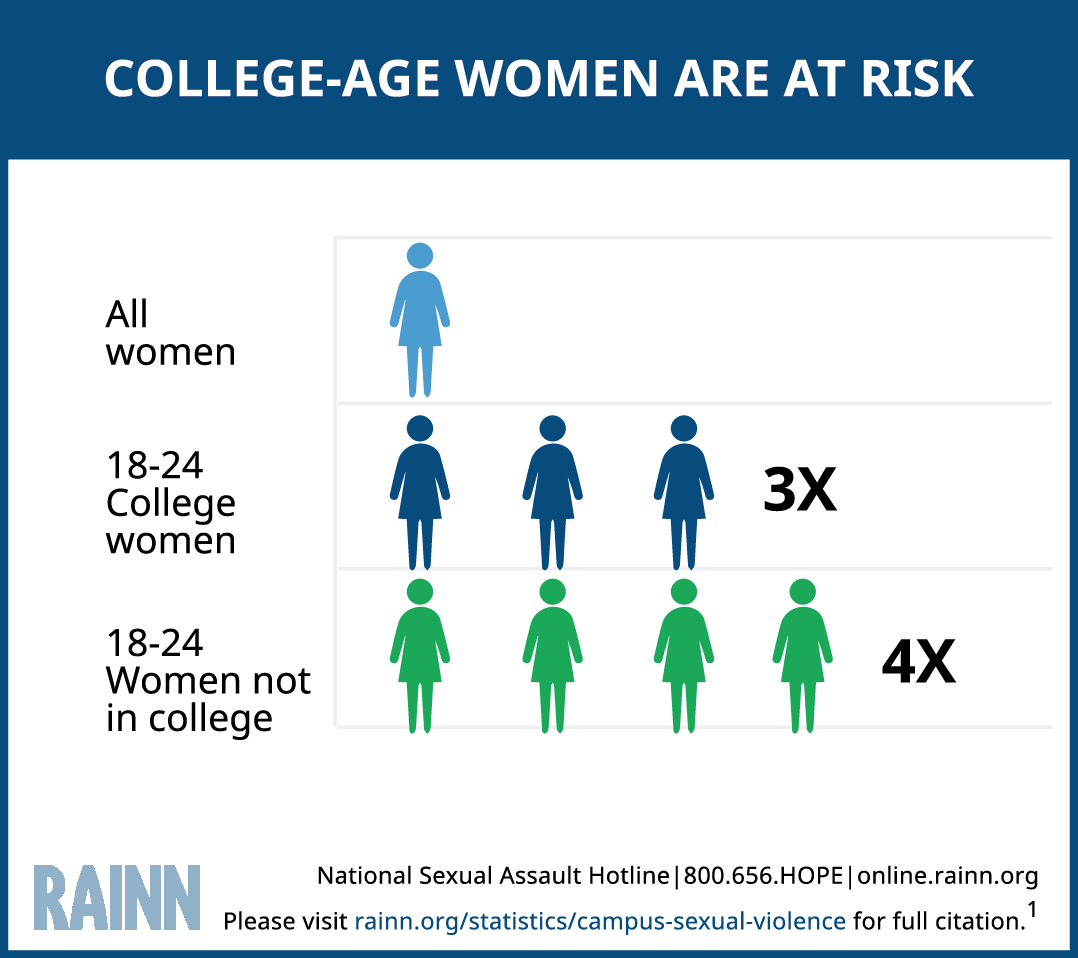interchange
Diamond Member
- Oct 10, 1999
- 8,017
- 2,860
- 136
So the study that RAINN uses has problems.
Here is the standards used.
(1) physical force or threat of physical force. Here I see no problem.
(2) being incapacitated because of drugs, alcohol, or being unconscious, asleep, or passed out. Here is the first problem. If you are drinking, taking drugs but still conscious, its still considered rape as being under the influence at any level, they argue that it prohibits valid consent. So if you and your girlfriend get drunk and have sex, and neither feels it was rape, by the definition of the study it is rape.
(3) coercive threats of non-physical harm or promised rewards. Here is the next problem, promised rewards. The threats is valid, so no problem there, but rewards are always there. My GF uses sex as an incentive to do things around the house she wants done. By that definition, she is a sexual victim.
(4) failure to obtain affirmative consent. Big problem here. I have woken up and mounted my GF, and she has done the same to me. By the paper's definition, we have both raped each other.
2-4 greatly inflates the stats on assault. No doubt there are times when 2-4 would be actual rape, but there are far too many times when it would not be. A big problem with these assault studies is the definitions they use.
https://www.aau.edu/sites/default/files/@ Files/Climate Survey/AAU_Campus_Climate_Survey_12_14_15.pdf
Do you disagree with this general statement: "[College sexual assault is] disturbingly common, disturbingly underreported, and very difficult, slow, and traumatic to prove in a court of law"?
The absolute numbers of the RAINN statistics aren't particularly relevant to me. I just put it there because it was the first reference google put up with some credibility. My hope was just visually showing that this is no small problem, not necessarily in precisely measuring it.



